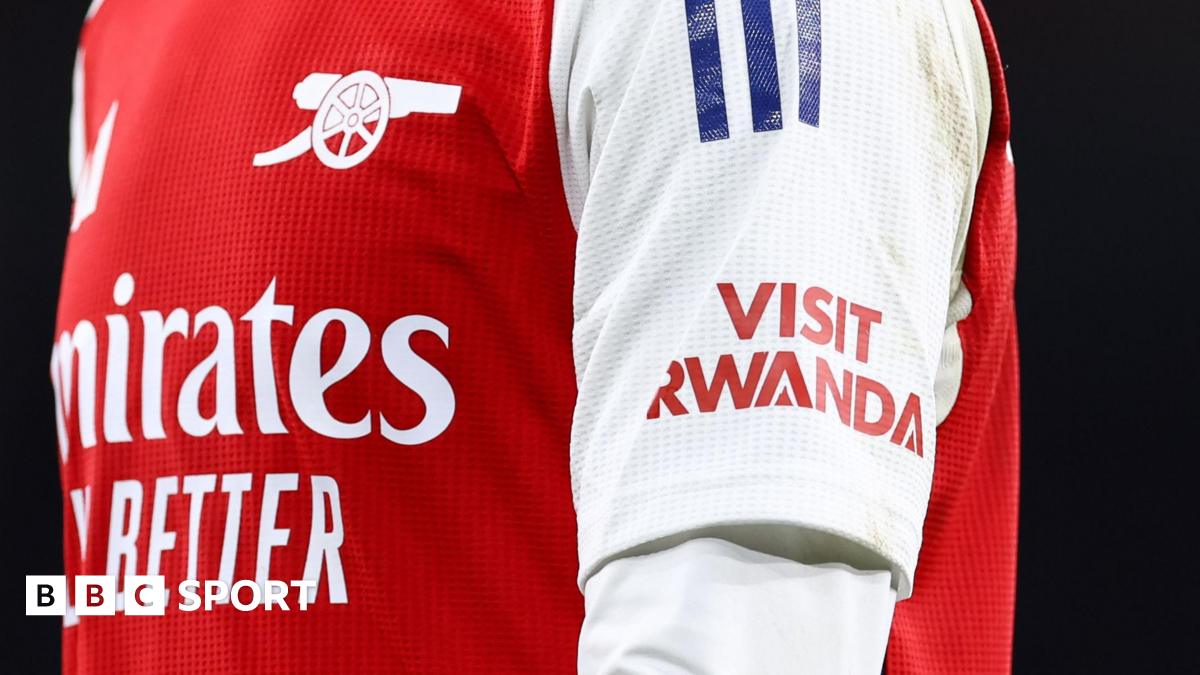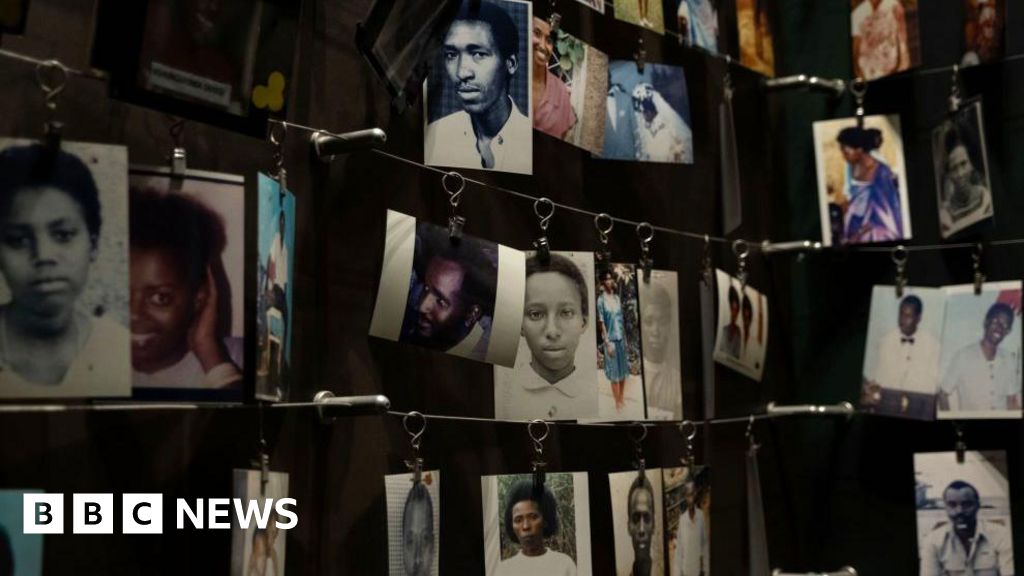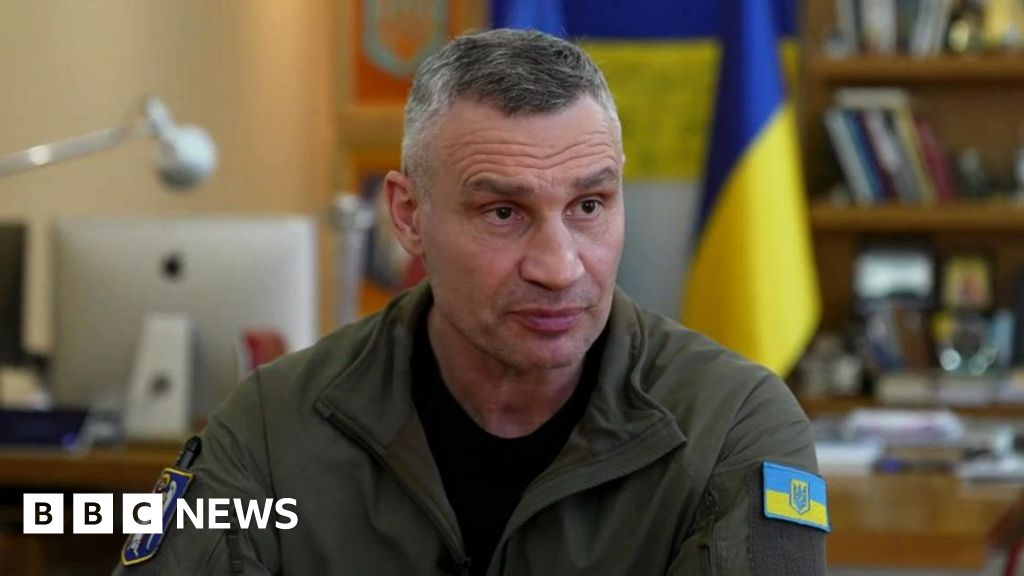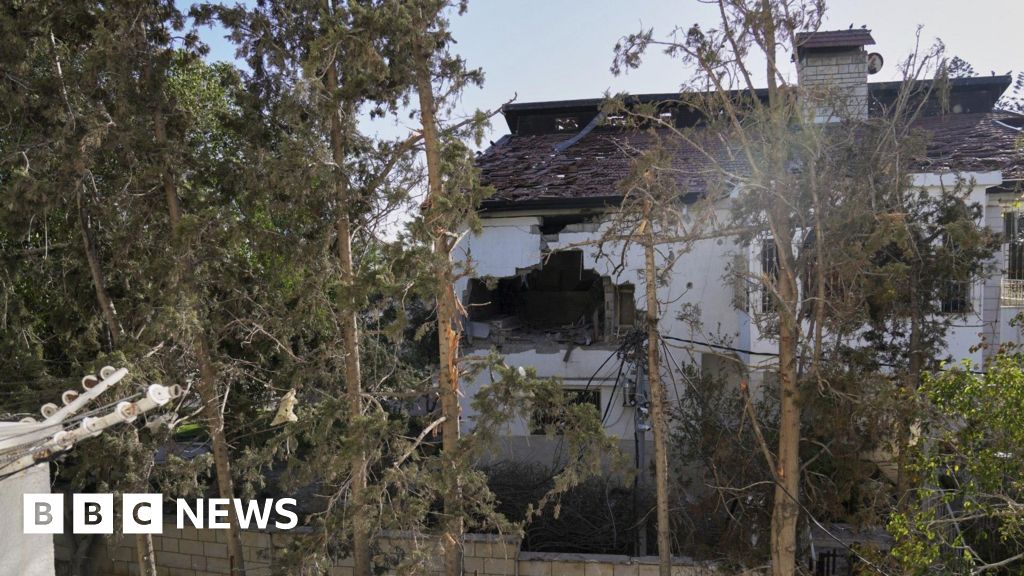During President Trump’s first term, Ukraine worried that Mr. Trump might recognize Russian control over Crimea, the Ukrainian peninsula Moscow forcibly seized in early 2014.
As a candidate, Mr. Trump had said he would “take a look” at the matter, even though the Obama administration and America’s Western allies had rejected Russia’s annexation of the strategic territory. Mr. Trump even mused that “the people of Crimea, from what I’ve heard, would rather be with Russia.”
But Mr. Trump never followed through and even doubled down against Moscow. In July 2018, Secretary of State Mike Pompeo issued an official “Crimea Declaration” pledging that the nonrecognition policy would remain “until Ukraine’s territorial integrity is restored.”
Now, in his effort to negotiate an end to the war between Russia and Ukraine, Mr. Trump is prepared to walk away from that declaration — and more than a decade of American policy.
A new peace proposal the Trump administration offered in London on Wednesday would include U.S. recognition that Crimea is part of Russia, American and European officials said.
Daniel Fried, a former diplomat with extensive experience with Ukraine and Russia, called it the worst element of the Trump proposal, which is widely seen as strongly favoring Moscow’s position in several ways.
It is one thing to halt the fighting along current battle lines without demanding that Russia withdraw from the vast swath of eastern Ukraine it now occupies, Mr. Fried said. Formally acknowledging Russia’s claim to Crimea would be much worse, he said.
“It is perfectly reasonable to accept the reality that for an indefinite period of time parts of Ukraine will be under illegal Russian occupation,” Mr. Fried said. “It is quite another thing to officially recognize a change of borders by force.”
That view echoed Mr. Pompeo’s declaration, which affirmed “a bedrock international principle shared by democratic states: that no country can change the borders of another by force.”
It is unclear how enthusiastic Mr. Trump ever was about such talk from Mr. Pompeo, who was notably more hawkish toward Russia than the president he served. But that view was widely shared in Washington, including by Mr. Pompeo’s eventual successor, Marco Rubio.
As a senator, Mr. Rubio cosponsored a measure in October 2022 barring the United States from recognizing Russian claims to any portion of Ukraine’s land, warning that doing so would “risk establishing a dangerous precedent for other authoritarian regimes, like the Chinese Communist Party, to imitate.” Mr. Rubio and others have long feared that China might be more likely to try taking over Taiwan if it sees the West conceding control of Ukraine to Russia.
The idea of recognizing Crimea as Russian is a total nonstarter for Ukraine and its defenders. On Wednesday, Ukraine’s president, Volodymyr Zelensky, ruled out the possibility, saying it would violate his country’s Constitution: “There is nothing to talk about. It is our land, the land of the Ukrainian people,” he said.
But Mr. Trump later appeared to draw a distinction between recognition of Crimea as Russian by Ukraine, where public opinion would make that step all but impossible, and by the United States. “Nobody is asking Zelenskyy to recognize Crimea as Russian Territory,” Mr. Trump wrote.
Some analysts believe that Mr. Zelensky and European officials might be able to tolerate such a U.S. position, however much they disagree, if they are not pressed to endorse it.
To some, Mr. Trump’s position — which remains one part of a proposal that could still change — may simply acknowledge facts on the ground.
Eleven years ago, Russian forces responded to a pro-Western revolution in Kyiv by taking over Crimea and staging a referendum there, widely denounced as illegitimate, that endorsed unification.
Since then, Moscow has only entrenched its control. It has built up its military presence, forced out residents opposed to its rule and even constructed a grand bridge connecting Crimea to mainland Russia.
Analysts say recapturing the peninsula would be extremely hard for Ukraine, particularly given that it has been unable to eject Russia from its eastern territories after more than two years of all-out combat.
Crimea is also of particularly high value to President Vladimir V. Putin of Russia. Its port city of Sevastopol, where Russia’s Black Sea Fleet is based, is a major strategic asset, and was the site of epic battles during World War II and the Crimean War in the mid-19th century.
And while Mr. Putin has suggested that all of Ukraine belongs to Russia, he may feel particularly indignant over Crimea, which was part of Russia’s empire for hundreds of years until 1954.
That’s when the Soviet leader Nikita Khrushchev transferred its control to Kyiv as a gift for the 300th anniversary of Russia’s unification with Ukraine. It was a largely symbolic gesture at a time when Russia and Ukraine were fellow republics within the Soviet Union, which collapsed in 1991.
Samuel Charap, an analyst and Ukraine specialist at the RAND Corporation, said that Mr. Trump has a track record of granting recognition to long-disputed territorial claims. In 2019, he recognized his close ally Israel’s longtime occupation of Syria’s Golan Heights. And in 2020, Mr. Trump supported Morocco’s 45-year claim to rule Western Sahara in exchange for Morocco’s diplomatic recognition of Israel.
But Mr. Charap questioned the utility of making such a concession to Russia in the case of Crimea.
He cited the precedent of the July 1940 Welles Declaration, in which the acting secretary of state, Sumner Welles, said the United States would never recognize Soviet Russia’s occupation that summer of the Baltic States — Latvia, Lithuania and Estonia. (Mr. Pompeo cited that statement in his 2018 Crimea Declaration.)
“That didn’t prevent détente, or even a negotiated end to the Cold War,” Mr. Charap said.
Mr. Fried agreed, adding that many in the United States and Europe initially “sneered at the Welles Doctrine” as “a joke.” But he noted that the Baltics were eventually free again, after the Soviet Union collapsed.
“Oops! It turned out to be prescient,” he added.
Source link















